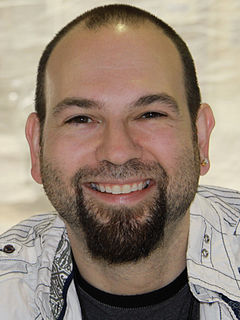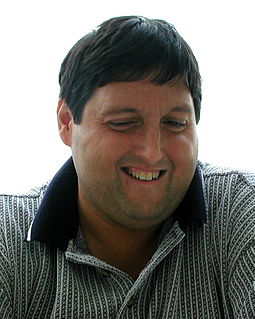A Quote by Alan Furst
Related Quotes
A poet articulating the dreads and horrors of our time is necessary in order to make readers understand what is happening, really understand it, not just know about it but feel it: and should be accompanied by a willingness on the part of those who write it to take additional action towards stopping the great miseries which they record.
I write both, as you know, dozens of ecological and social scientific and historical works, dozens of novels. It's hard to describe a novel that grapples with the horrors of World War II as anything but grueling. But Codex Orféo is somehow...well, I hope, riveting for readers. Deeply provocative. Cinematic in a nearly surreal sense.
What should our second generation have done, what should it do with the knowledge of the horrors of the extermination of the Jews? We should not believe we can comprehend the incomprehensible, we may not compare the incomparable, we may not inquire because to inquire is to make the horrors an object of discussion, even if the horrors themselves are not questioned, instead of accepting them as something in the face of which we can only fall silent in revulsion, shame and guilt. Should we only fall silent in revulsion, shame and guilt? To what purpose?

































